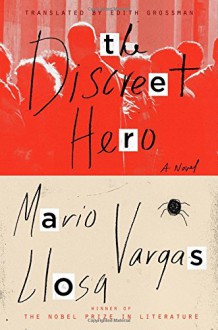
It was difficult to read the first half or so of this book because the protagonist (Seth) and his best (and only) friend (Carter) are aggravatingly ignorant of their appropriation of black culture. They're even more offensive for thinking they're woke or genuine in their fetishistic consumption of the rarest blues, at least in Carter's case. Seth is less than sympathetic in his own distinct way; he's such a follower that he barely has a personality of his own. As little as I could bear the privileged Carter, Seth is consequently even harder for me to care about given that he follows Carter like a puppy. I don't know what to make of the fact that both have or have had mental health issues. And I don't know what to make of Seth's thing for Carter's sister.
I patiently waited for these guys to get some sort of comeuppance. When it came, it was a whirlwind of genres, a mishmash of past and present, a blurring of identities. Formally, stylistically, this novel took off, grabbing me by the collar. It was hard to put down. I hadn't known what to expect at the beginning, which is a gift for a reader. I do think at times the cues or signals were overdone; we could have been better trusted to follow the shifts in time and perspective. But what a ride.

 Log in with Facebook
Log in with Facebook 









